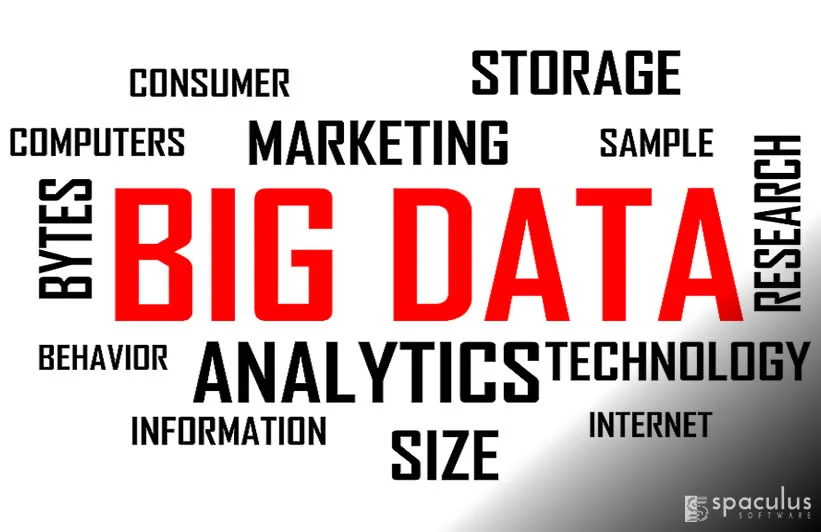
Every industry generates massive amounts of data every second. This data comes from sensors, financial transactions, digital apps, social media, and many other sources. While this information holds enormous potential, turning it into actionable insights and profitable strategies requires expertise and the right technology.
This is where Big Data steps in. It helps businesses tap into hidden opportunities, improve performance, and unlock new revenue streams. Let’s explore how Big Data is transforming industries and helping companies multiply their growth and revenue.
Big Data allows companies to diversify their revenue channels by creating new business models based on the data they already possess. By analyzing their existing data, companies can discover unique opportunities and even develop standalone services or products.
For example:
The potential for new revenue streams is vast, making Big Data a critical tool for companies looking to innovate and expand.
Customer optimization is at the heart of business success. Companies that focus on improving customer experiences tend to grow faster and generate more revenue.
According to a survey of 167 companies across five industries, businesses that adopt Big Data analytics achieve:
By understanding customer needs through Big Data, companies can deliver personalized experiences and outperform their competitors.
Big Data provides precise and actionable insights that help companies turn their vision into reality. Rather than relying on assumptions, business leaders can access reliable data to develop strong operating plans.
How quality data helps:
Companies that prioritize data quality are better equipped to set and achieve their goals.
A business strategy backed by Big Data is more accurate and impactful. To implement this successfully, companies must invest in the right technology platforms and develop analytical expertise.
Big Data insights can be applied across business processes to:
Businesses that act on these insights are better positioned to succeed in today’s competitive market.
Companies can implement various Big Data-driven business models to appeal to larger audiences and boost revenue. These models can also be combined to create hybrid solutions for greater impact.
Personalized products and services that address customer needs create higher value and help companies stand out from the competition.
Bundling multiple services or products into one package increases cross-selling opportunities and customer satisfaction, resulting in higher profits.
In the pay-per-use model, customers pay only for what they use, offering flexibility and improving product margins compared to traditional subscription models.
A subscription model provides steady, recurring revenue. It’s often paired with cross-selling and up-selling strategies, though it may result in lower product margins.
Big Data and technologies like IoT are reshaping industries by unlocking new opportunities for growth and revenue generation. However, success depends on adopting a dynamic, learning-driven mindset and building a hybrid talent pool that combines technical expertise with business acumen.
The way you leverage Big Data solutions will ultimately determine the value and impact on your business. Companies that embrace these technologies will be better prepared to thrive in an increasingly data-driven world.
Business Analytics